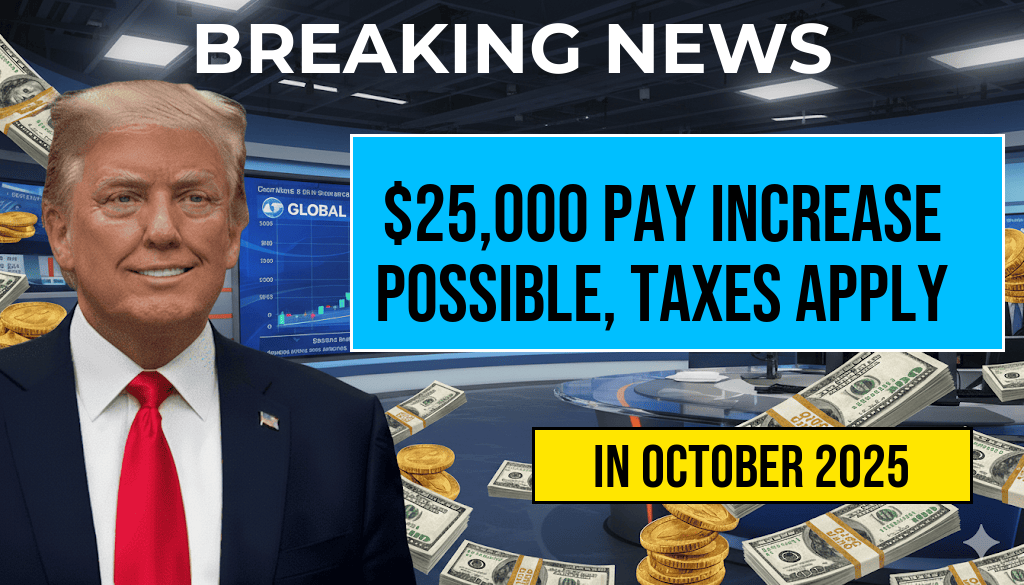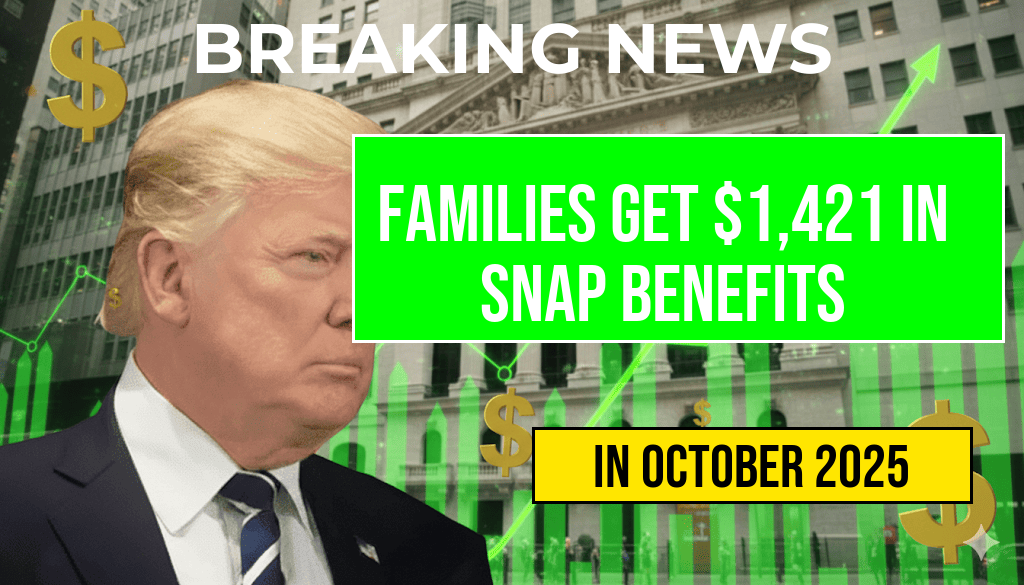Recent discussions around tax policies suggest that many American workers could see a significant boost to their take-home pay—potentially up to $25,000 annually—through new no-tax tips initiatives. These proposals aim to help employees maximize their earnings without increasing their tax burden, yet payroll taxes—including Social Security and Medicare—continue to apply. While such measures could provide substantial financial relief, they also raise questions about long-term benefits and the sustainability of payroll tax funding for social programs. Understanding how these strategies work, who they benefit, and the implications for workers and the economy requires a close look at the current landscape of tax laws and proposed reforms.
The Mechanics Behind No-Tax Tips
At the core of these proposals is the concept of **no-tax tips**, which refers to certain earnings that could be exempt from federal income taxes under specific conditions. Advocates argue that allowing workers to keep more of their tips—often a significant portion of income in the service industry—can greatly enhance their financial stability. A typical example involves restructuring tip reporting or creating legal avenues where tipped income isn’t subjected to federal income taxes, thereby increasing workers’ net pay.
For instance, some policymakers suggest expanding existing **tip credit programs**, which allow employers to count tips toward minimum wage requirements, as a means to further incentivize tip-based earnings without tax deductions. When properly implemented, these measures could lead to an increase in disposable income that, for many workers, surpasses $20,000 annually. Such adjustments are especially impactful for employees in sectors like hospitality, retail, and personal services.
Payroll Taxes Remain Unaffected
Despite the potential for higher *take-home pay*, payroll taxes—comprising Social Security, Medicare, and unemployment taxes—would still be applicable. These taxes are generally deducted from wages regardless of income source or tax exemptions. As a result, even if tips or other earnings are exempted from income taxes, workers and employers would continue to contribute to these social insurance programs based on gross wages.
| Income Type | Tax Status | Payroll Taxes |
|---|---|---|
| Standard wages | Taxable | Applicable |
| No-tax tips (proposed) | Potentially exempt from income tax | Still applicable |
This means that while workers could see a substantial boost in their net income from no-tax tips, the long-term funding of programs like Social Security and Medicare remains reliant on payroll tax contributions. Experts warn that if these exemptions become widespread without corresponding adjustments in payroll tax revenues, it could pose challenges for the sustainability of these social safety nets.
Potential Impact on Workers and the Economy
The primary argument in favor of expanding no-tax tip policies centers on immediate financial relief. Lower-income workers, especially those in tipped professions, often struggle with fluctuating earnings and high living costs. Increasing their net income could lead to improved spending power, reduced reliance on government assistance, and enhanced economic activity in local communities.
However, critics point out that such measures might inadvertently widen income disparities. Higher earners, who often report larger tips, could benefit disproportionately, while the contribution to social programs from payroll taxes might decline if overall wages are reclassified or exempted. This could threaten the long-term viability of programs that millions depend on, raising questions about balancing immediate financial benefits with fiscal responsibility.
Legal and Policy Considerations
- Legal hurdles: Implementing no-tax tips requires changes to federal tax regulations and clear guidelines to prevent abuse or tax evasion.
- Employer responsibilities: Businesses would need to adjust payroll systems to accommodate new reporting standards, adding administrative complexity.
- Potential for abuse: Without strict oversight, there’s risk of tip reporting fraud or misclassification of income.
- Long-term sustainability: Policymakers must evaluate how these changes could impact social insurance programs funded through payroll taxes.
What Comes Next?
As discussions around tax reform progress, stakeholders from labor unions to business associations are weighing in. The Department of the Treasury has indicated that any adjustments would require careful consideration to balance individual benefits with broader fiscal stability. Public hearings and legislative proposals are expected to explore these options in the coming months, with some experts urging caution to prevent unintended consequences for social safety programs.
For workers considering how these potential changes might affect their finances, staying informed through official channels and consulting with tax professionals is advisable. As policies evolve, understanding the nuances of tax exemptions and payroll contributions will be crucial for making informed financial decisions.
Sources such as the [U.S. Tax Code](https://en.wikipedia.org/wiki/Taxation_in_the_United_States) and analyses from [Forbes](https://www.forbes.com/) provide additional insights into the complexities of tax policy reforms and their implications for American workers.
Frequently Asked Questions
What are no-tax tips, and how can they increase my paycheck?
No-tax tips are additional earnings received by employees that are not subject to federal income tax withholding. By earning these tips, your paycheck could potentially increase by up to $25,000 annually, boosting your overall income.
Do I need to pay payroll taxes on no-tax tips?
Yes, payroll taxes still apply to no-tax tips. While these tips can increase your gross pay, you are responsible for paying Social Security and Medicare taxes on the total amount, including the tips.
How can I maximize my paycheck through no-tax tips?
You can maximize your paycheck by earning additional no-tax tips through exceptional service or by encouraging customers to tip more. However, always ensure you report all tips accurately to comply with tax regulations.
Are there any risks associated with earning no-tax tips?
While no-tax tips can boost your income, failing to report tips accurately can lead to penalties or audits. It’s important to keep detailed records and report all tips to stay compliant with tax laws.
What strategies can I use to increase my total earnings legally and ethically?
To increase your earnings, focus on providing excellent service to encourage generous tips. Additionally, staying informed about tax regulations and reporting all tips accurately will help you maximize income without legal issues.






